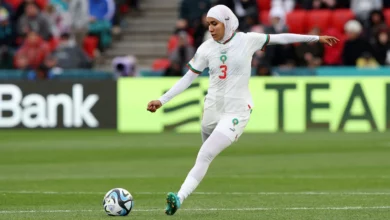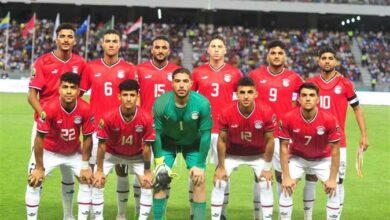
Morocco's King Mohammed VI has vowed that revenues from the mineral-rich Western Sahara will continue to be invested locally, on a rare visit to the disputed territory.
He was speaking late Friday in the territory's main city Laayoune, to mark 40 years since hundreds of thousands of Moroccan civilians marched across the border with the then Spanish colony to lay claim to it.
The Green March trigged war with the Algerian-backed Polisario Front which had been campaigning for independence for the territory since 1973 and continues to do so to this day.
King Mohammed, who arrived to much fanfare in the city for only his third visit since he succeeded to the throne in 1999, described the Green March as "a watershed moment in the process of completing the kingdom's territorial integrity".
He listed several projects that are due to be implemented to improve infrastructure in the territory, including a desalination plant and industrial zones.
He promised that "revenues from natural resources will continue to be invested in the region, for the benefit of the local populations and in consultation and coordination with them".
But King Mohammed renewed his insistence that there could be no compromise on Morocco's claim to sovereignty over the Western Sahara.
A UN-brokered ceasefire between Morocco and the Polisario has held since 1991 but UN efforts to organise a referendum on the territory's future have been resisted by Rabat.
Morocco has offered some autonomy but flatly refuses to make any more concessions.
"Those who are waiting for any other concession on Morocco's part are deceiving themselves. Indeed, Morocco has given all there was to give," the king said in Laayoune.
The Polisario controls a small part of the desert interior of the Western Sahara but its main base is in Tindouf across the border in Algeria, where tens of thousands of Sahrawi refugees also live in desert camps.
The king lashed out at Algiers for not doing more for the refugees.
"The people in Tindouf… continue to suffer from poverty, despair, deprivation and the systematic violation of their basic rights," he said.
On Wednesday, UN Secretary General Ban Ki-moon called for negotiations in the coming months to finally settle the Western Sahara dispute.
"This conflict must be brought to an end if the people of the region are to meet their shared challenges and achieve their full potential," Ban said.
He said he had asked his envoy Christopher Ross to intensify efforts to bring Morocco and the Polisario to the negotiating table.




